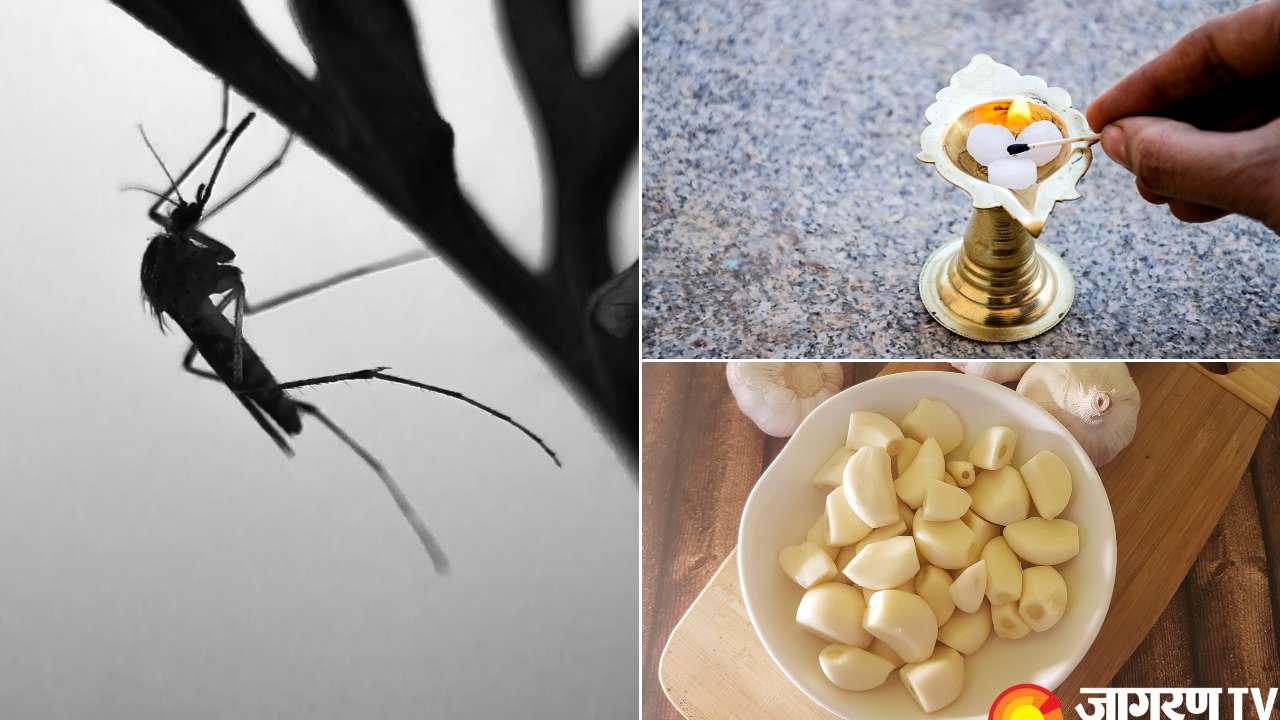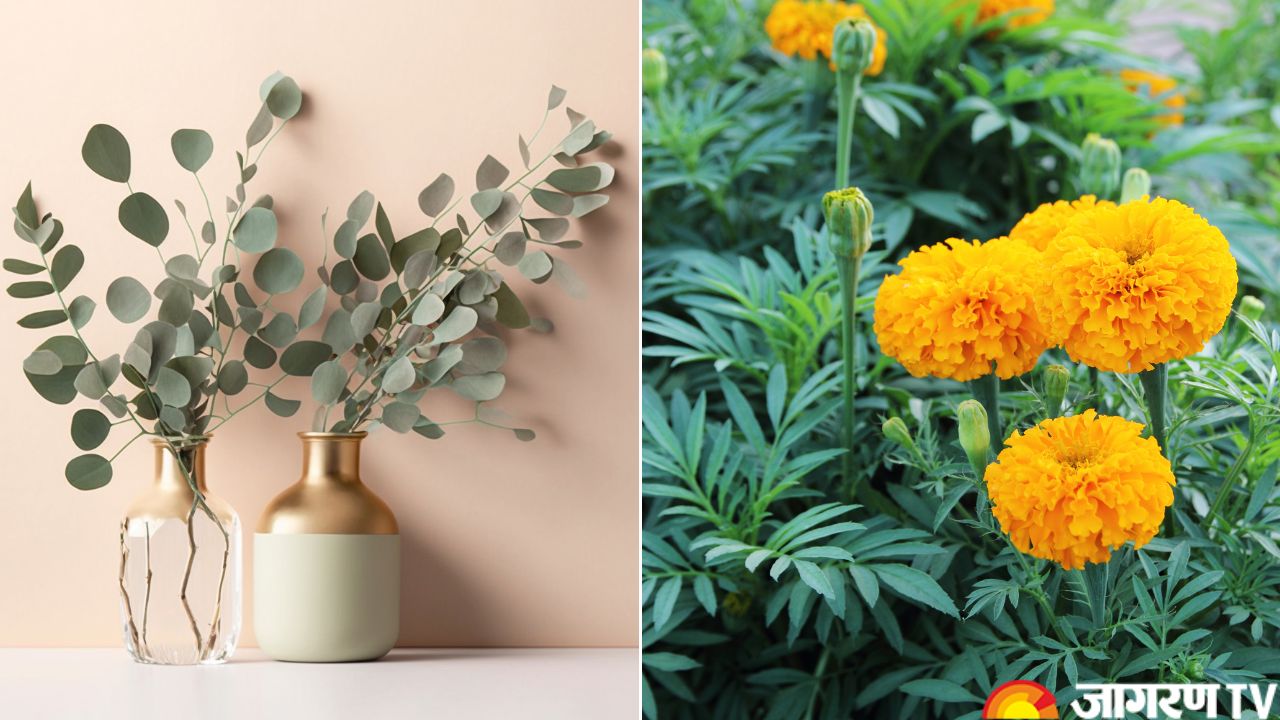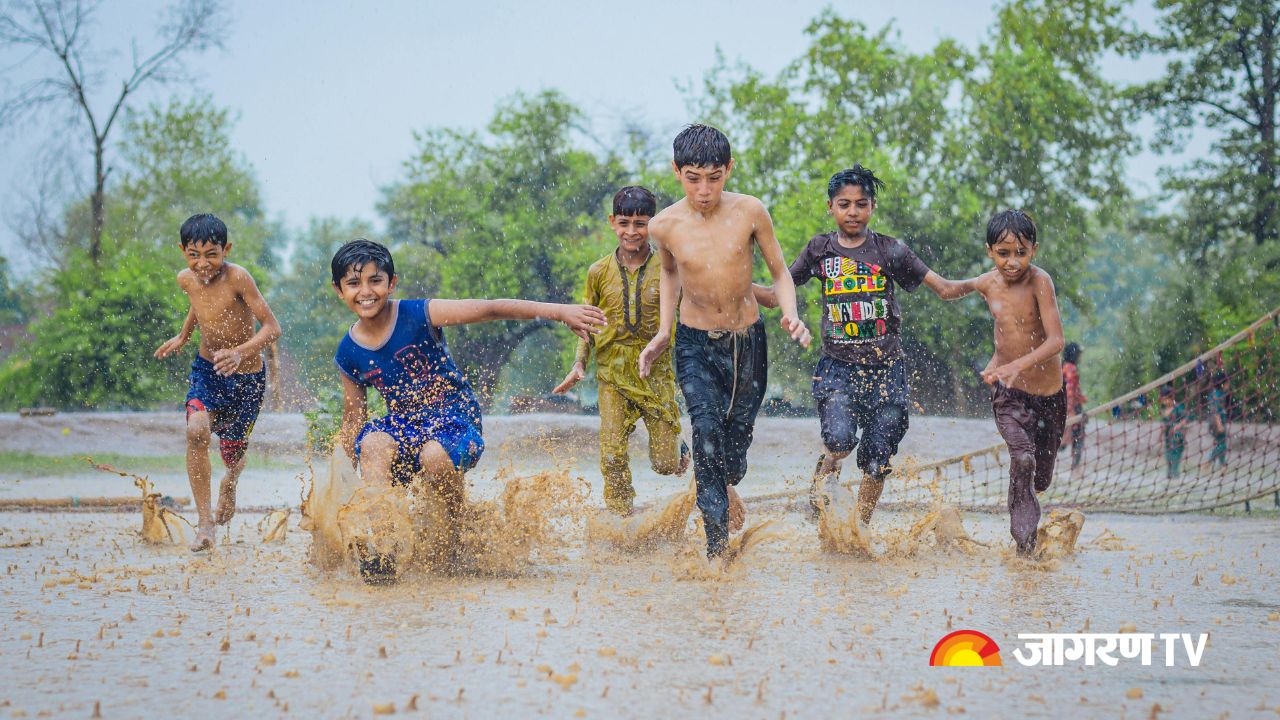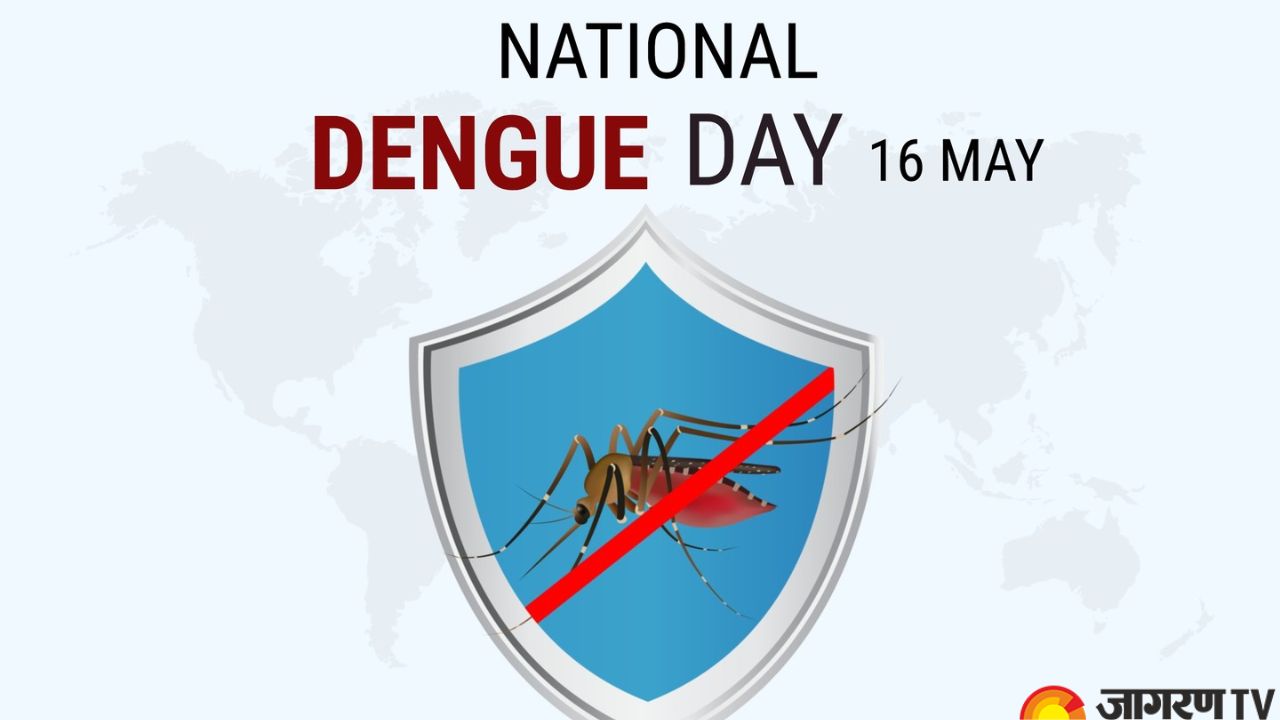Monsoon Health Tips: Age-Old Home Remedies to Keep Mosquitoes Away From Your Home

Monsoon Health Tips: While the monsoon season provides much-needed relief from the scorching summer heat, it also creates an ideal breeding ground for mosquitos. Increased rainfall causes water to accumulate in a variety of locations, including puddles and ponds, clogged drains, and outdoor containers. These stagnant bodies of water provide ideal breeding conditions for mosquito larvae. Mosquitoes breed profusely during this season, posing serious public health risks. The increase in mosquito populations during the monsoon season significantly increases the risk of mosquito-borne diseases such as dengue, malaria, chikungunya, and other illnesses.
Traditional Ways to Avoid Mosquito Breeding
Nowadays, people use many ways to avoid mosquito breeding, including mosquito repellents, installing mosquito nets, oil diffusers, and other effective ways. While modern methods for killing mosquito larvae include spraying chemical solutions around the house and in stagnant water, prolonged use may pose environmental and health risks. Electric mosquito killers attract and electrocute mosquitos, but they require regular maintenance and power. Personal mosquito repellent creams and sprays, often containing DEET or made from natural ingredients, provide effective bite protection but must be reapplied regularly.
However, talking about ancient times, when all of these were not available, people still used different methods to kill mosquitoes and avoid their breeding. These methods, which use readily available natural materials such as camphor and garlic, are low-cost and accessible to a wide range of households. Let us know about some effective and natural ways to avoid mosquito breeding during monsoon season.
Camphor
Camphor has been used for centuries in Indian homes as a natural mosquito repellent. Its strong aroma has been shown to effectively repel mosquitos. Light camphor tablets in the room and allow the smoke to spread. Take a piece of cloth and put some camphor and clove in it, then tie it tightly and hang it near the windows and doors.
Garlic
Garlic’s strong scent stops mosquitos from entering your house. Crush a few garlic cloves and boil in water. Pour the solution into a spray bottle and spray around the house to keep mosquitos at bay.
Clove and Lemon
This combination is a traditional mosquito repellent. Cloves are known for their pungent odor, which mosquitos dislike. Cut a lemon in half, then insert cloves into the flesh. Place lemon halves throughout the house, particularly near windows and doors.
Cow Dung
Another traditional method in rural India is to use dried cow dung. The smoke produced by burning dried cow dung deters mosquitos. Simply burn dried cow dung outdoors in a safe and controlled manner.
Loban
Loban, also known as benzoin resin, has long been used in India for its aromatic properties and to repel mosquitos. Burn loban incense sticks or resin pieces to create smoke that repels mosquitoes.
Mustard Oil and Ajwain
Mix some carom seeds or ajwain powder with mustard oil and soak small cotton pads in it. Keep them near the doors and windows to prevent mosquitos from entering your home. You can also place this mixture in a diffuser and heat it up slightly; the strong aroma of this mixture acts as an excellent mosquito repellent.
Neem
Neem has been used for centuries due to its medicinal properties. Its strong aroma serves as a natural mosquito repellent. To use neem as a mosquito repellent, burn the leaves in a bowl or incorporate neem oil into your skincare routine. Simply apply a small amount of neem oil to exposed skin before going outside to keep mosquitos at bay.









